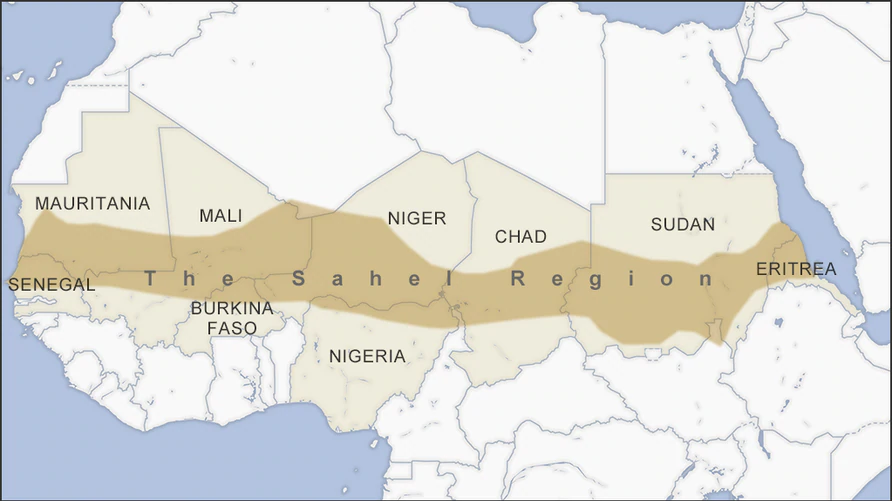
The U.N. Refugee Agency, or UNHCR, is warning that countries in the Sahel have reached a breaking point as unrelenting violence in the region has caused more than 2 million people to become displaced inside their own countries for the first time ever.
Humanitarian needs in Burkina Faso, Chad, Mali and Niger are surging as escalating violence sends an increasing number of people fleeing for their lives. The U.N. refugee agency reports internal displacement in the Sahel has quadrupled in just two years and is rising.
Already this year, the agency reports violence in Niger and Burkina Faso has forced more than 21,000 people to flee their homes. The Sahel also is hosting more than 850,000 refugees, mainly from Mali. This creates an additional layer of insecurity and increases the burden of impoverished communities.
UNHCR spokesman Boris Cheshirkov says the security situation in this volatile area is hampering efforts to reach many people in need of assistance.
“This is a region where so many crises converge. You have on the one hand the displacement and armed conflict,” Cheshirkov said. “You have also extreme poverty. You have the pandemic. You also have climatic changes that are forcing people to move and are affecting those that are already displaced. So, the situation needs more attention and quite urgently so.”
The UNHCR is calling for an end to the violence, which is destroying so many lives and livelihoods. Cheshirkov says states must act now to help Sahelian countries get to the root causes of this forced displacement and boost sustainable development.
“The extreme vulnerability of the Sahel has been laid bare by the impact of forced displacement, caused by widespread and gruesome violence perpetrated by armed insurgent groups and criminal gangs,” Cheshirkov said. “The humanitarian response is dangerously overstretched, and UNHCR is urging the international community to redouble its support for the region.”
The UNHCR reports many internally displaced people lack shelter and are sleeping out in the open. It says shelter, water, and other essential relief are desperately needed.
It reports the dire conditions under which internally displaced people are forced to live have been worsened by the COVID-19 pandemic. The refugee agency says access to health and sanitation to prevent the spread of this deadly, highly infectious disease is a priority.
